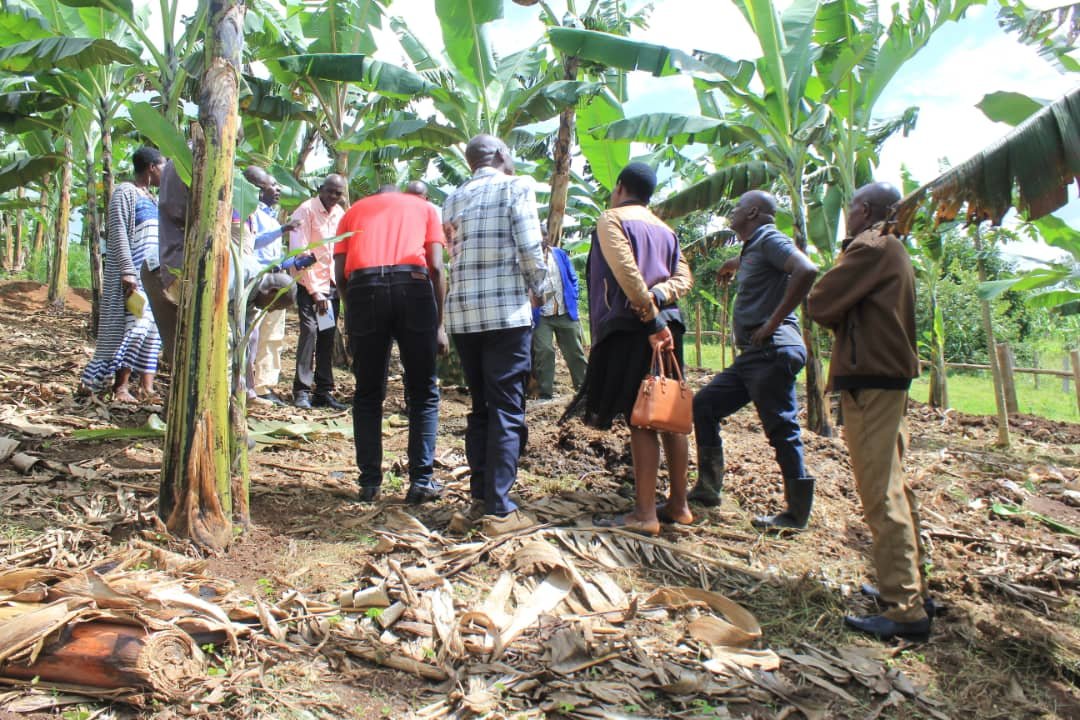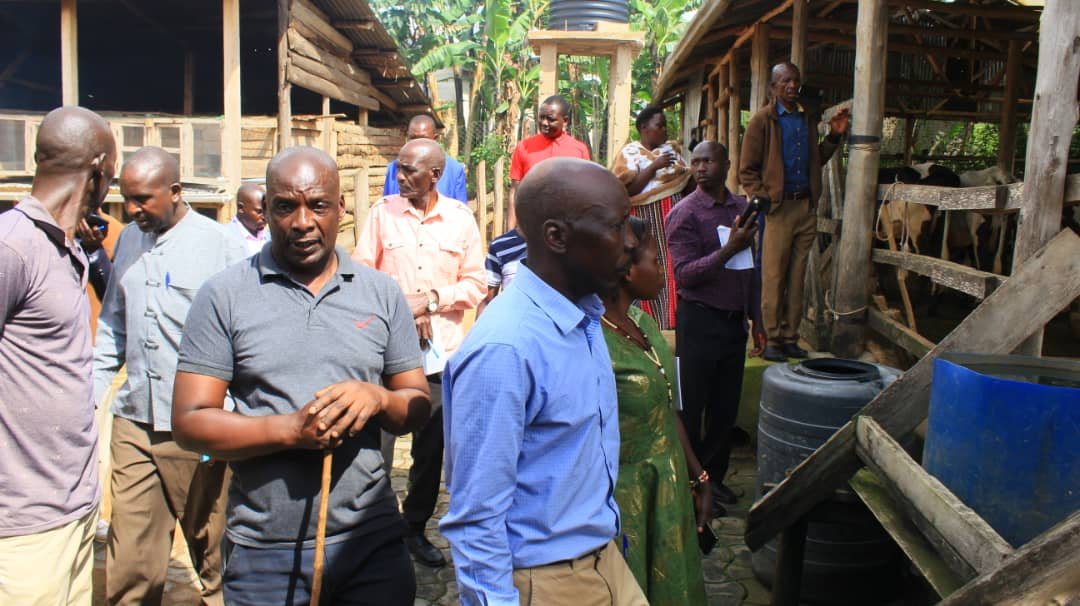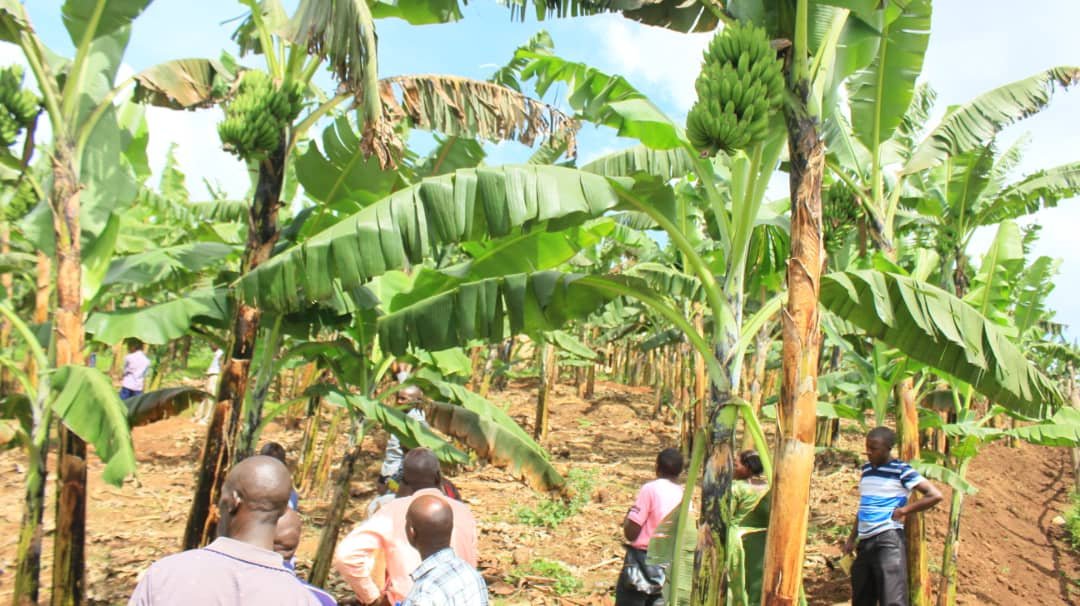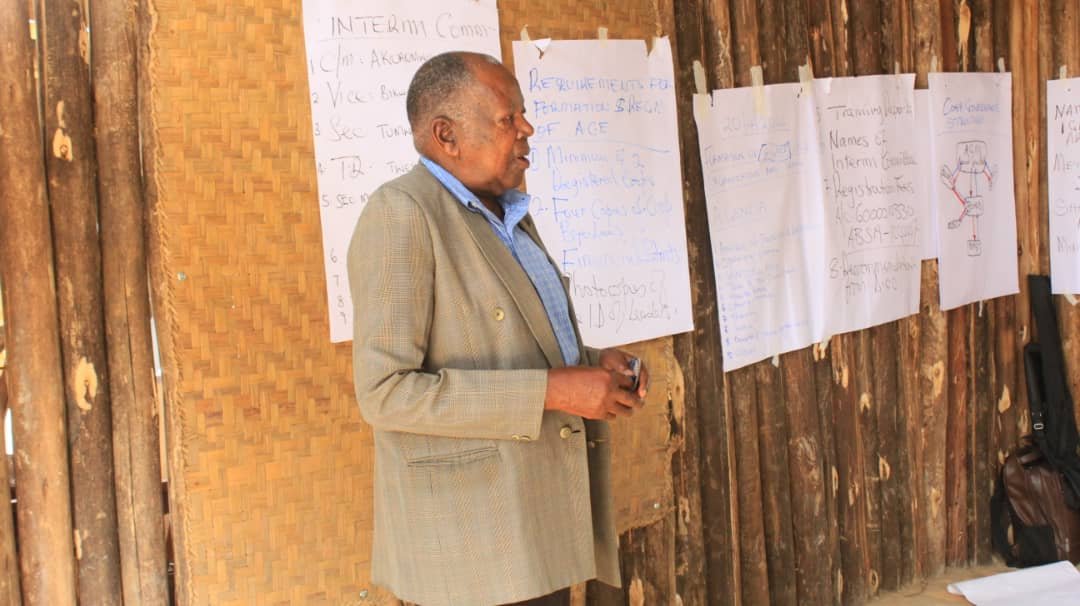
The Integrated Small Household—A Holistic Model for Sustainable Livelihoods
Introduction
Changemakers: Health Promotions Right Watch is a dedicated team of community development experts and local leaders.
Project Overview: This project aims to implement a personalized and household-specific strategy to enhance sustainable livelihoods and improve overall well-being.
Target Community: Rural households in Uganda, especially those with limited land, outdated farming practices, and insufficient resources.
Context: Rural communities in Uganda face diverse challenges that hinder their ability to achieve sustainable livelihoods.
Significance and Urgency: Many interventions fail due to a one-size-fits-all approach, overlooking unique household needs and exacerbating existing issues.
Background:
Limited Land: Households often lack sufficient land for diverse agricultural practices.
Outdated Farming Practices: Traditional methods hinder productivity and sustainability.
Limited Access to Information: Households struggle to obtain relevant knowledge and resources.
Insufficient Resources: Lack of essential resources for crop and livestock production.
Knowledge Gaps: Critical areas such as health, sanitation, nutrition, and energy conservation are often neglected, especially in female-headed households.
Statistics/Testimonials: Studies show that personalized interventions lead to more sustainable outcomes.
Specific Issues:
Solution/ Project Description:
The integrated small household model adopts a personalized strategy by conducting thorough needs assessments to identify specific challenges and requirements.
Project Activities:
Conduct comprehensive needs assessments.
Develop a training manual based on needs assessment findings.
Provide integrated training programs focusing on food security, nutrition, health, sanitation, mixed agriculture, organic manure processing, energy-saving technologies, marketing, entrepreneurship, and social cohesion.
Implement specific support measures for households.
Conduct regular household visits and peer-to-peer engagements.
Unique Aspects: Personalized interventions tailored to each household’s needs.
Contribution to Success: Ensures relevance, effectiveness, and sustainability of solutions, leading to more successful outcomes.
Innovative Approaches:
Number of households benefiting from tailored interventions.
Improvement in food security and nutrition levels.
Adoption rates of new agricultural practices.
Increase in household income and resource availability.
Key Performance Indicators (KPIs):
Tracking and Reporting: Regular monitoring, household surveys, and community feedback mechanisms.
Tools and Techniques: Baseline assessments, follow-up surveys, impact evaluations, and regular progress reports.
Plans for Assessments: Conduct baseline assessments before project implementation and follow-up assessments periodically.
Evaluation Methods:
Long-term Strategy:
Sustainability Plans: Engage community stakeholders, secure additional funding, and foster community ownership.
Scaling the Project: Expand successful interventions to other communities and regions.
Steps for Long-term Viability:
Build local capacity through training and education.
Establish partnerships with local authorities and NGOs.
Develop community-led monitoring and evaluation systems.
Continued Positive Outcomes: Ensure ongoing support and resources for households to maintain and improve their livelihoods.
Key Points and Objectives:
Address unique household challenges through personalized interventions.
Enhance sustainable livelihoods and overall wellbeing in rural communities.
Importance and Impact: This project has the potential to create lasting positive change by providing relevant, effective, and sustainable solutions.
Call to Action:
Get Involved: Support the Kimuli Collections project by contributing resources, expertise, or funding. Help us empower rural households to achieve sustainable livelihoods through banana fiber fashion.
Contact Information:
Email: hello@sustainableaccessfoundation.org
HPRW: The Needs Assessment
We’re thrilled to join forces with Health Promotion and Rights Watch Uganda (HPRW) to empower small-scale farming households—the backbone of rural economies—in Bushenyi District, Uganda.









Make a donation
Join us in supporting innovative projects like the Black Soldier Fly BioTech Initiative. Your contributions can help empower more communities and create sustainable solutions.


